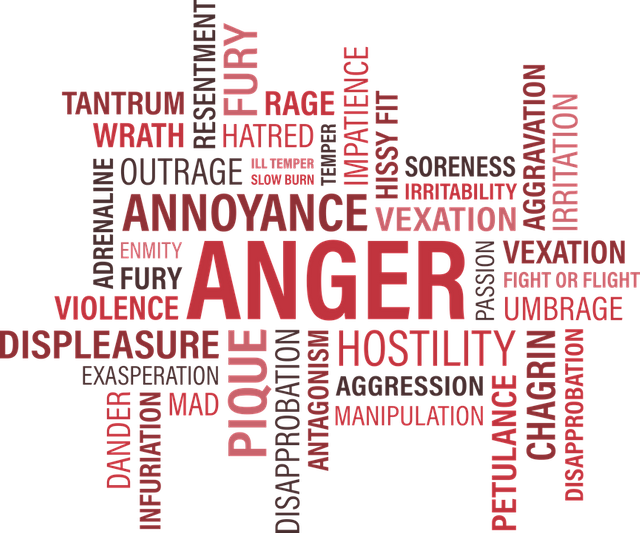What is .... My child is angry.
Anger is sometimes a topic most people would like to avoid, but have you ever wondered what will happen when someone doesn't know how to manage his anger...
I honestly don't even want to think about it, since anger, without being managed can destroy people and their lifes.
Most of us have already learned how to manage anger and we know that hitting stuff and people isn't right. Now here is my question:
Do children automatically know how to manage their anger?
The answer: NO!!!!
We as adults have to teach them and show them by the means of our example of how to manage their anger.
Children don't know how to manage their anger, and when they are little they most likely can't comprehend that they are feeling angry. They don't always understand what they are feeling.
Teaching children what is anger.
Anger is when someone is very upset or mad at something, someone or a situation they experienced.
For the older children you can use a variety of words to explain anger with:
What makes me angry
It is important for children (and adults) to identify what makes them angry.
Here is a list of possible situations that can "push your buttons" the wrong way:
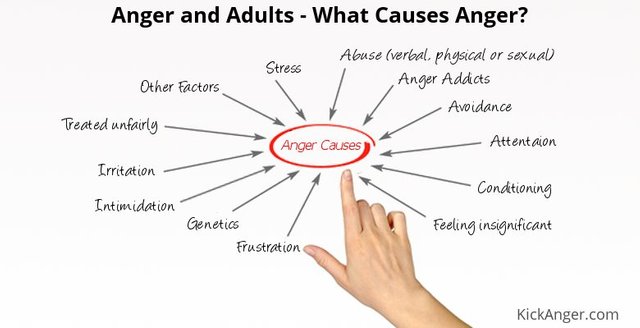
Image by Kickanger
What happens to my body when I get angry?
Here is a video about the science behind anger and what happens to your body.
Video by Life Noggin
What do you do when you feel angry
Here is a little bit of a catch, and this is where we as teachers (and parents) come in. We have to teach our children the difference between feelings and behavior. Because they need to identify that they are feeling angry but they cannot behave in an angry manner by hitting someone
New kids center also has three rules that they let children do when they feel angry
(This is the rules you can teach the learners they have to follow regarding how they behave when feeling angry,)
- Don't hurt others.
- Don't hurt yourself.
- Don't ruin things
- Take a time-out
When children are feeling angry it is important for them to learn to step back, calm down and refocus. Yes, it isn't always easy but here is how they can manage it
- Remind yourself that it is not ok to hurt someone.
- Take 3 deep breaths, count t slowly to 10.
- Say how you feel and what you wish will happen. (How should the situation resolve itself)
- This can be said to an adult.
- Ask an adult to help you resolve your problem.
- Take time to calm down.
Some helpful classroom tips and tips for at home.
Make an emotion meter for your class. Put all the children's names on clothes pegs. They put the pegs on the emotion that they are feeling. NOTE: They are free to change the emotion throughout the day, just like there emotions change.
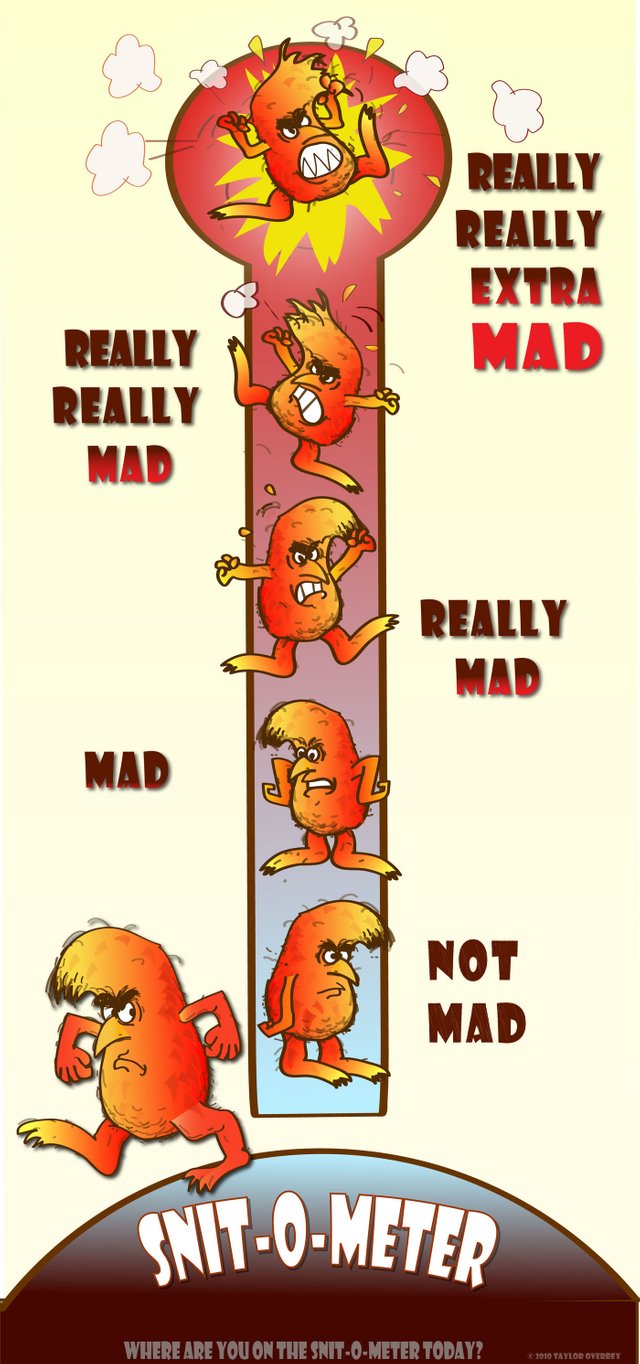
Image by Bookmarkurl.infoHave empty faces where children can draw their emotion.

Image by Autism Teaching StrategiesHave these anger management cards at hand so learners can use it when they feel they need it.
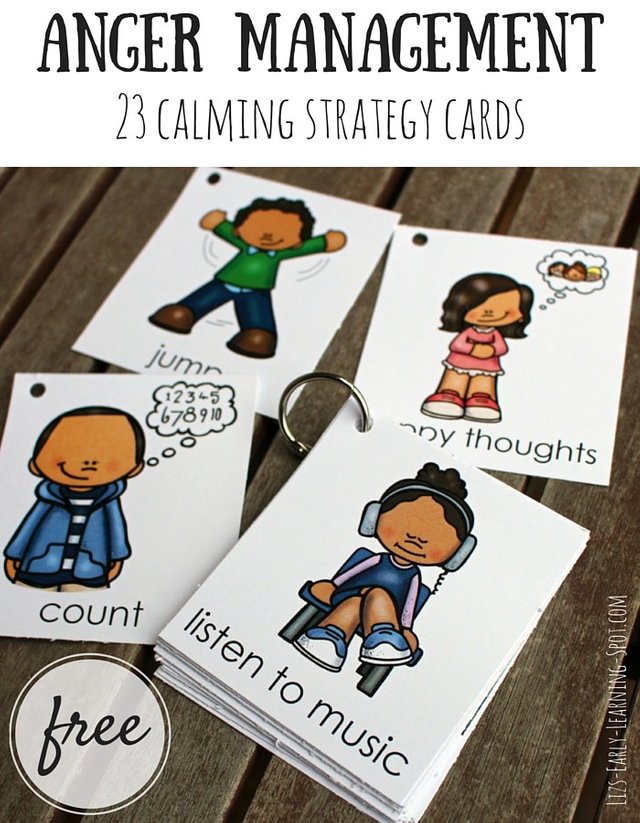
Image by Liz's Early learning spot
You can download it free here: http://www.lizs-early-learning-spot.com/anger-management-23-calming-strategy-cards/You can do these "Calm down yoga exercises" - Do it with your whole class and don't single out a learner.

Image by Fitomatic
There are so many ways you can help learners manage their anger. These are only a few I have tried and tested with my classes and with my own kids
Remember that sometimes there will be a deeper reason why children feel angry
- Something that happened at home.
- Something that happened at break time.
- Something that happened a long time ago.
If you ever think or have a gut feeling that there is a more serious reason for the child's anger, act on it. A parent and teacher's gut feelings are there for a reason. Almost 99% of the time you will be right.
Sources

Created by Giphy
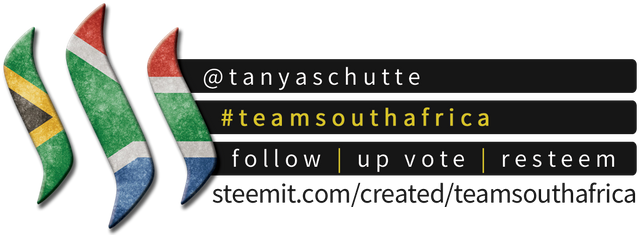
Team South Africa banner designed by @bearone

